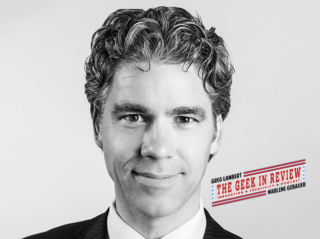We talk with Michael Bommarito, CEO of 273 Ventures and well-known innovator and thinker in legal technology and education. Bommarito and his colleague, Daniel Katz were behind GPT-3 and GPT-4 taking the Bar Exam. While he and Katz understand the hype in the media reaction, he states that most of the legal and technology experts who were following the advancements in generative AI, expected the results and had already moved on to the next phase in the use of AI in legal.

While we talked to Michael a couple of days before the news broke about a lawyer in New York who submitted a brief to the court relying upon ChatGPT to write the brief and not understanding that AI tools can completely make up cases, fact pattern, and citations, he does talk about the fact that we are falling behind in educating law students and other in understanding how to use Large Language Models (LLMs) properly. In fact, if we don’t start teaching 1Ls and 2Ls in law school immediately, law schools will be doing a disservice for their students for many years to come.
Currently, Bommarito is following up his work at LexPredict, which was sold to Elevate Services in 2018, with 273 Ventures and Kelvin.Legal. With these companies, he aims to bring more efficiency and reduce marginal costs in the legal industry through the application of AI. He sees the industry as one that primarily deals with information and knowledge, yet continues to struggle with high costs and inefficiency. With 273 Ventures and Kelvin.Legal, he is building solutions to help firms bring order to the chaos that is their legal data.
AI and data offer promising solutions for the legal industry but foundational issues around education and adaptation must be addressed. Bommarito explains that decades of inefficiency and mismatched data need to be adjusted before the true value of the AI tools can be achieved. He also believes that while there might have been many false starts on adjustments to the billable hour through things like Alternative Fee Arrangements (AFAs) in the past, the next 12-36 months are going to be pivotal in shifting the business model of the legal industry.
Listen on mobile platforms: Apple Podcasts | Spotify
Contact Us:
Twitter: @gebauerm, or @glambert
Voicemail: 713-487-7821
Email: geekinreviewpodcast@gmail.com
Music: Jerry David DeCicca


